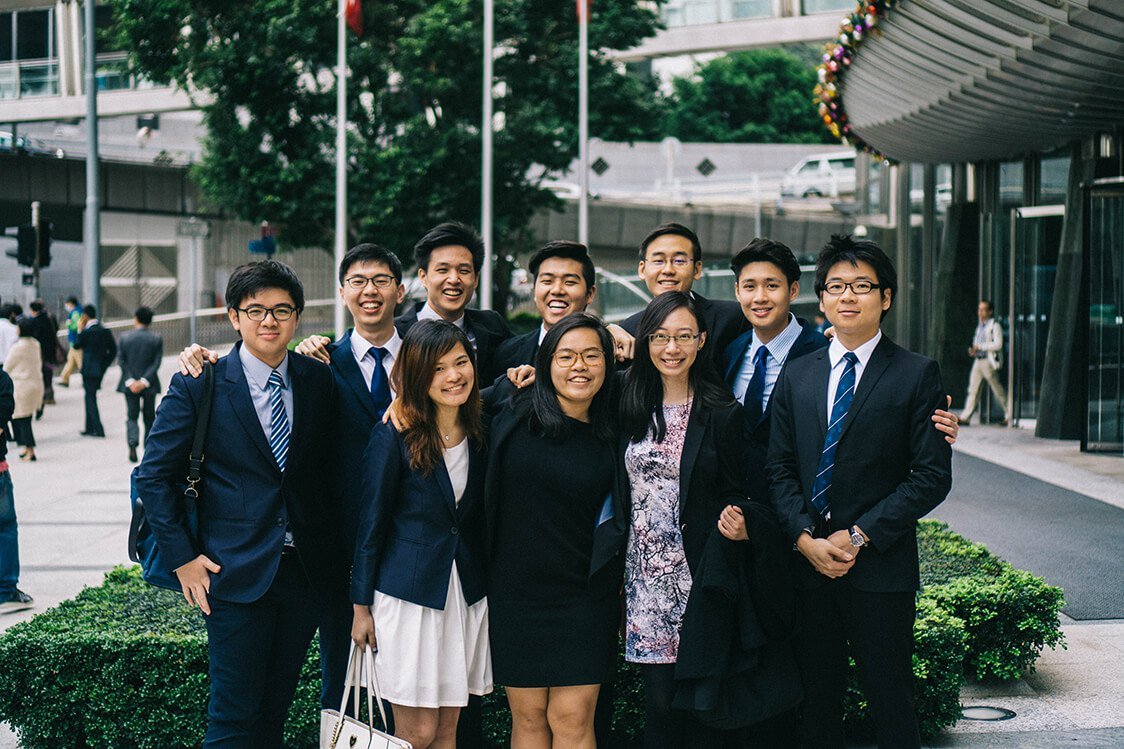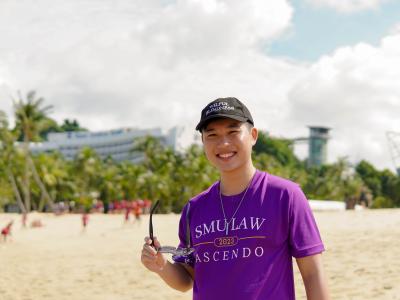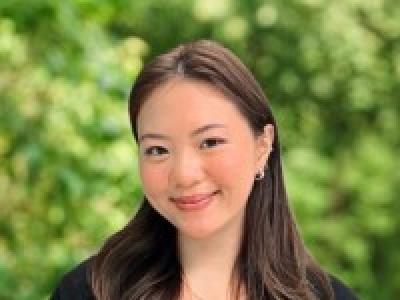
To many, forex trading might be the last thing on their minds when stressing over term papers and

Yeo Jun Wei
maintaining a decent GPA. But way more than being a risky get-rich-quick scheme, the art of forex trading requires an understanding of world events and the global economy, says SMU EYE Investment Club’s forex research director, Yeo Jun Wei.
Helmed by the students of SMU, the acronym for the school’s first investment interactive club, “EYE”, stands for “Enhancing your Education”, “Expanding your Exposure”, and “Enriching your Experience”. True to its name, the club runs programmes such as working with banks like Deutsche Bank and Maybank Kim Eng, and holds investment competitions and networking sessions. Last year, the students even took part in a Singapore Investment Immersion Programme, travelling to the offices of OCBC and Bank of America to have an up close and personal view of the banking sector.
We chat with Yeo Jun Wei, an SMU Lee Kong Chian School of Business undergraduate, about the investment world and what piqued his interest in forex — the global decentralised market for the trading of currencies.
What got you interested in forex investing? How does it compare to investing in other types of financial products?
I first started investing very traditionally in Singapore stocks. However a large part of the media that I read deals with overseas investments, dealings and happenings.
The best thing about forex is the mental acumen and knowledge of the global economy that you need. With other products, knowledge about the global market is not as important. However, once you start looking at the forex market, you must look at everything that is going on around the world.
Forex made me follow world events such as the Greek bailout, Scotland independence referendum, and the unpegging of the Swiss Franc to the Euro.

The SMU EYE Investment Group
If you had a million dollars, how would you invest your money?
As I believe that well-managed debt can be a good thing, I would put a sum of money aside as an investment-cum-debt collateral (for example, getting a home loan) where I can get returns on my collateral.
I would then take another sum of money to facilitate my business. Corporate debt is more expensive than housing debt. Hence, it would be better to use cash to facilitate a business rather than taking out a loan.
Lastly, with the remaining sum of money, I would invest in a portfolio of various other countries to diversify.

EYE Group speaking at Deutsche Bank
Are you a spender or a saver?
I consider myself an investor. I save so that I can spend later.
How is your risk appetite like?
My risk appetite is rather high as compared to most individuals. I believe that debt is a necessary evil and is very useful, but only when used correctly. I do have margin and futures trading accounts that inherently pose higher risks as compared to regular accounts. However, I believe that with a proper system and steps to mitigate and manage your risk, it can be a good thing.

EYE Group visit to Credit Suisse Hong Kong
What was your best and worst investment?
Though it might sound clichéd, my best investment is in education. If I did not develop, train and hone myself, I would never have known as much about investing as I do today. Apart from schoolwork in SMU, I read books, participated in forums, and also attended a multitude of courses including an online course in Financial Markets from Yale University. Lately, I have been assigning myself “homework” where I am a contributing writer to a popular investment website called Seeking Alpha.
As for traditional investments, depending on margining and leverage, I have achieved over 100 percent returns on currency margin trades such as EUR/USD shorts and equity trades with over 40 per cent returns such as SolarCity, an American provider of energy services, $SCTY. Short selling, or shorts, is where one sells a stock he does not own in hopes that the price will drop so he can later buy them back at a lower price, thereby earning a profit.
My worst investment, oddly enough, is the same as my best investment. Back when EUR/USD was trading at 1.35 levels, I overleveraged my account and put in too many trades for EUR/USD shorts. Looking back, although my trade view was correct (EUR/USD is trading around 1.12 now), improper trade management and risk mitigating got the better of me.

EYE Group With May Bank
What are some challenges one will face when investing in forex?
In my opinion, the two greatest challenges one would face are greed and incompetency. Many people look to the financial markets thinking they can make a quick buck after hearing all the success stories. However, they don’t see the other side, where hours of toil and hard work go into researching, studying and learning how to invest properly.
Incompetency would also result in people managing their money wrongly, and making mistakes. I believe that it is impossible to know all about the financial market and there is always someone better than you.
What should one take note about the forex investment?
While actual forex investing might not really be useful to all, learning about how currency markets fluctuate is essential in our daily lives. Forex affects many things from your daily foreign currency transactions, to even the stocks in Singapore.
For example, one may think that a stock such as SingTel would be largely Singapore-based, but a large part of their cash flow (30 percent) actually comes from Australia, and the weakening of the Australian dollar over the past few years has hugely impacted SingTel’s revenues.

EYE Group Visiting Standard Chartered Hong Kong
What do you think of the forex market now?
The forex market has been extremely volatile due to several large events that had happened such as the meeting of the Federal Open Market Committee (FOMC), the branch of the Federal Reserve Board that determines the direction of the monetary policy, in June last year, and the Brexit Referendum, where the people of UK ultimately voted to leave the European Union. Major events such as these have adverse consequences on the market.
Due to the large fluctuations that these events may cause, one should look more at volatility in the long term.
What are some tips you have for people who are just starting to invest their money?
Take the first step. A survey I did in the past showed that many people know that investing is very important, but a large proportion of respondents cited that they do not invest.
A popular quote I always abide by is “life begins at the end of your comfort zone”. You have to start learning, reading, connecting, and meeting like-minded people. Joining a network of people to learn and provide support will help in the long run.


